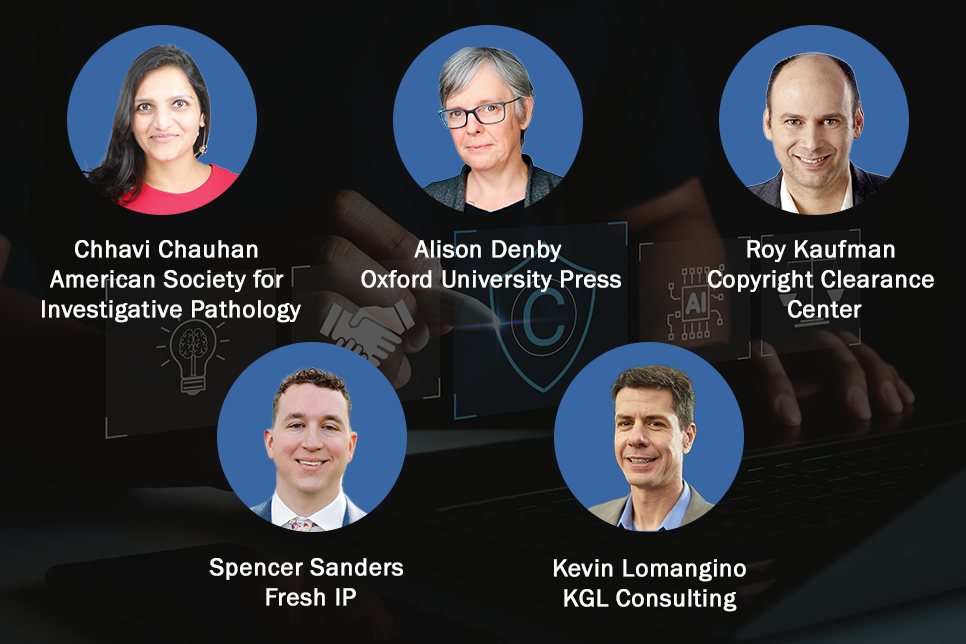By Kevin Lomangino
As one descends into the ocean depths, the change from warm to cold water can come suddenly and unexpectedly. Breaching this boundary—what scientists call a thermocline—brings a dramatic falloff in temperature and a stark shift in environment.
Something similar happens in business when you cross the trust thermocline—the point at which customers decide to abandon otherwise healthy products due to a perceived breach of trust. It could be waning quality or service, diminishing value proposition, or all three that sparks the exodus. The threshold is never obvious and for that reason is exceedingly dangerous. Crossing it can instigate a sudden and devastating collapse of the business.
The downward spiral of X (formerly Twitter) has been debated as a recent example of the trust thermocline.
Are there thermoclines in scholarly publishing?
The boundary that separates legitimate from dubious academic journals—and the process by which they can rapidly descend from the former to the latter group—also serves as a cautionary case in point.
Quality manuscript submissions can drop off a cliff in the face of mounting article retractions or other indications that a nominally legitimate journal employs lax editorial procedures. (Frontiers will likely be the latest publisher to suffer this phenomenon in the wake of their nonsensical AI image scandal.) Once authors decide to flee, there is almost nothing a journal can do to persuade them to return.
But sudden and spectacular breaches are not the only way to cross the trust thermocline: they can also be prompted, in my experience, by the annoying drip-drip of deficient author service. Slow decision times, excessive submission requirements and revision cycles, mismatched reviewer expertise and paper topic, and dismissive or poor communication can singly or cumulatively annoy authors enough to start them looking for the exits.
‘Don’t go there’
Illustrating how this dynamic can operate, one researcher told me he warns colleagues away from a particular journal with slow peer review turnaround:
The timing issue is enormously dissuasive. When you’ve got a postdoc and you’re trying to move them along in their career and it’s going to take months to get a decision you just say, ‘Don’t go there, we’ve had a bad experience with them.’
Once a reputation for dysfunction takes hold in the author community, submissions can fall off quickly.
The tricky part about the trust thermocline is that the borders are invisible and the effects of crossing over, severe. As digital strategist Gareth Edwards explains, businesses typically view customer experience as linear relationship—one in which cause quickly prompts effect. But this is not the case with the trust thermocline, where the system is non-linear.
Nonlinear systems are those in which causes can happen far in advance of their effects, even when a direct relationship between them can be identified. This is why so many businesses miss the looming presence of a trust thermocline. In scientific terms, it’s a system of ‘hysteresis,’ in which the current state of a system depends on the consumer’s cumulative history with that system as well as how they perceive their current relationship with it.
Steering clear of the thermocline
Authors represent the source of every journal’s most precious commodity: high-quality content. It pays to tread cautiously with this critical relationship—doing everything you can to steer well clear of the trust thermocline.
Is your organization heeding the signs an impending breach? Is it even looking for those signs? A systematic approach to benchmarking author satisfaction is a crucial first step toward understanding what your contributors are thinking. Even better, a strategic plan for driving submissions can help ensure that your journal or portfolio will never cross the precipice.
Kevin Lomangino leads KGL Consulting, which has specialized in improving the quality of peer review and optimizing author satisfaction for more than 20 years. KGL Consulting can help keep you away from the trust thermocline by evaluating your workflow, assessing author sentiment, identifying critical pain points, and guide you through the changes that will keep your authors highly satisfied and continuing to submit their quality manuscripts. Kevin can be reached at kevin@kwglobal.com.





